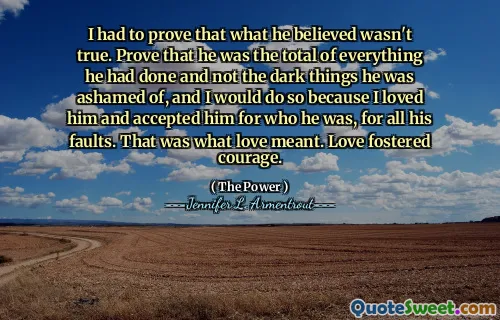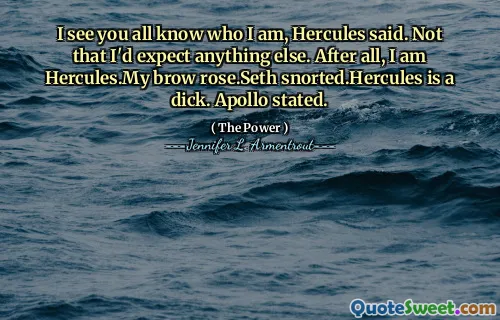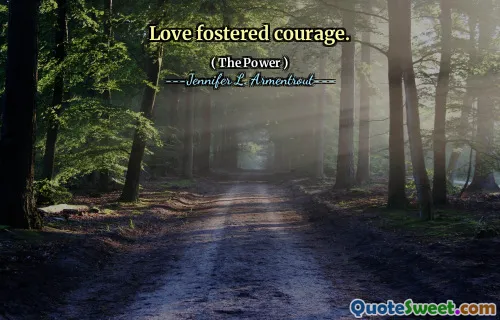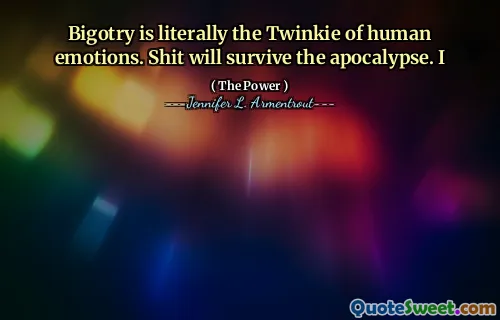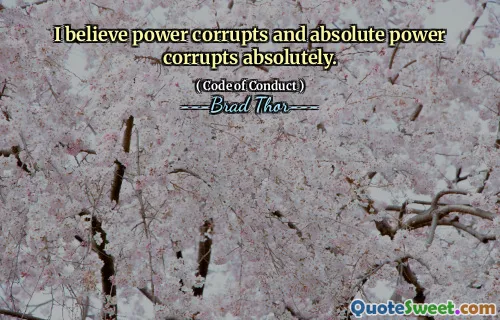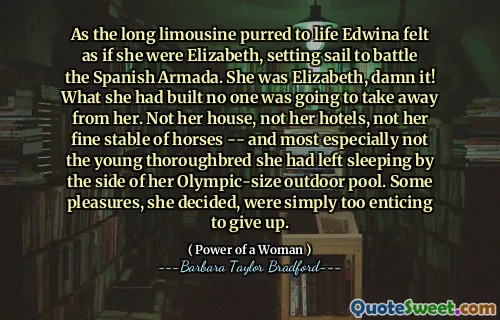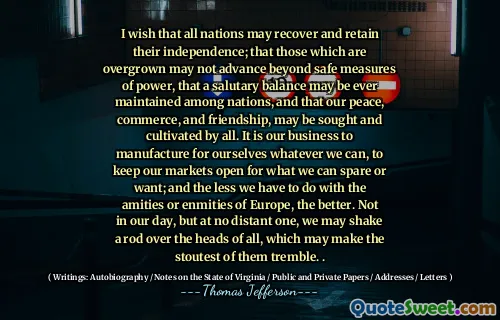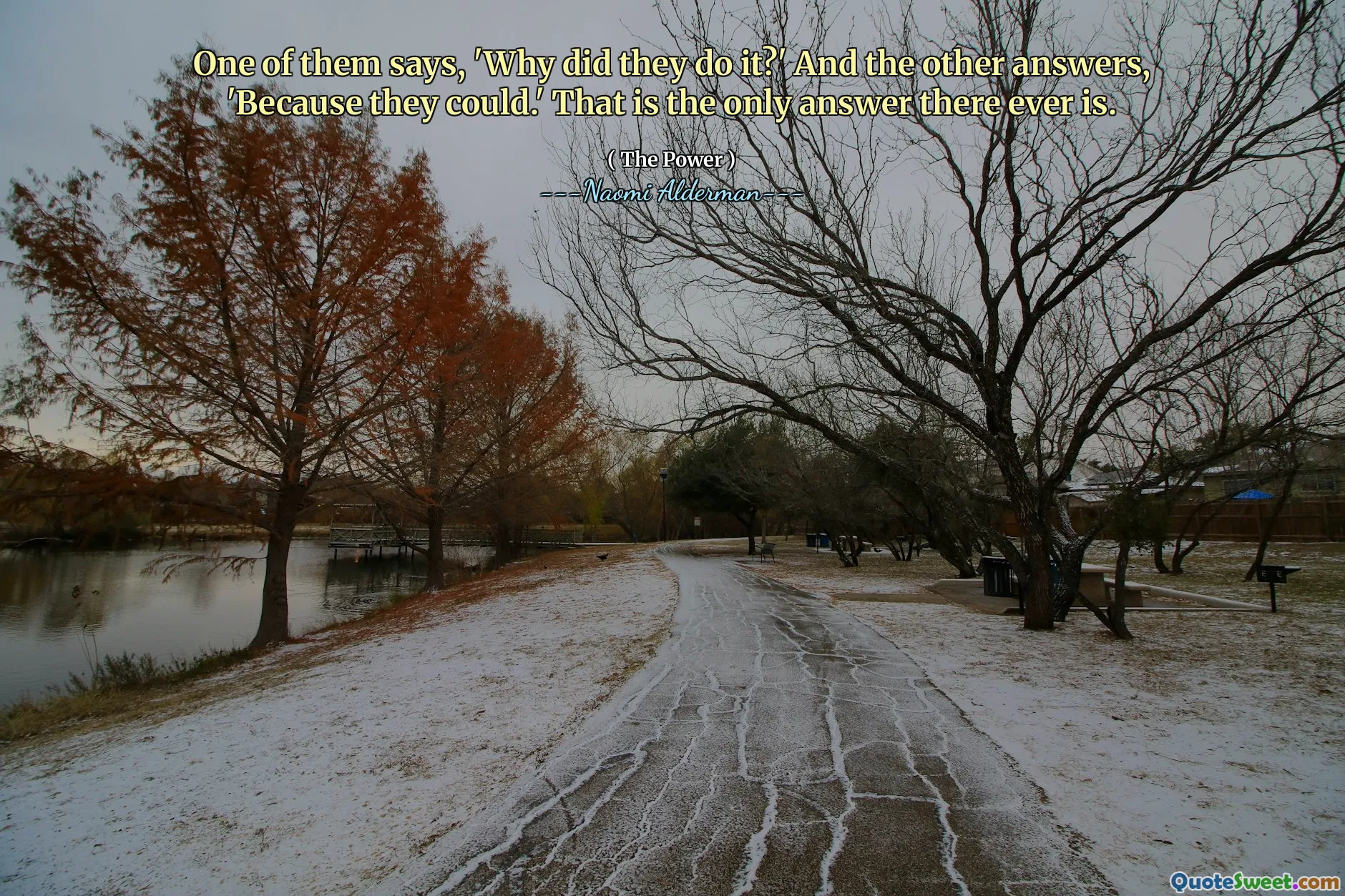
One of them says, 'Why did they do it?' And the other answers, 'Because they could.' That is the only answer there ever is.
This quote captures a stark and somewhat unsettling truth about human nature and motivation. It suggests that actions, no matter how perplexing or seemingly irrational, often boil down to the simplest explanation: the capability to do something is, in itself, sufficient reason. This perspective challenges us to think about power and choice, highlighting how the exercise of power isn't always justified by morality, necessity, or consequence but simply by the existence of ability.
In the context of Naomi Alderman's The Power, this quote reflects the underlying dynamics of control, dominance, and freedom. It presents a world where the capacity to act shapes reality and moral justification becomes almost secondary. This brings into focus the ethical dilemmas surrounding power — when is it right to act just because you can, and when should restraint take precedence? Moreover, it confronts the reader with the uncomfortable notion that some actions are not driven by a deeper purpose or reasoning but occur because the agents possess the means, questioning humanity's motivations at the core.
On a broader level, the quote encourages a reflection on accountability and the human propensity to seek complicated explanations when sometimes simplicity is the key. It provokes thought about how history and individual stories are told and understood, often complicated by looking for causes that are not always there. It positions power and capability as fundamental drivers in human behavior, framing an inherent existential query about freedom and responsibility in the face of potentiality.
